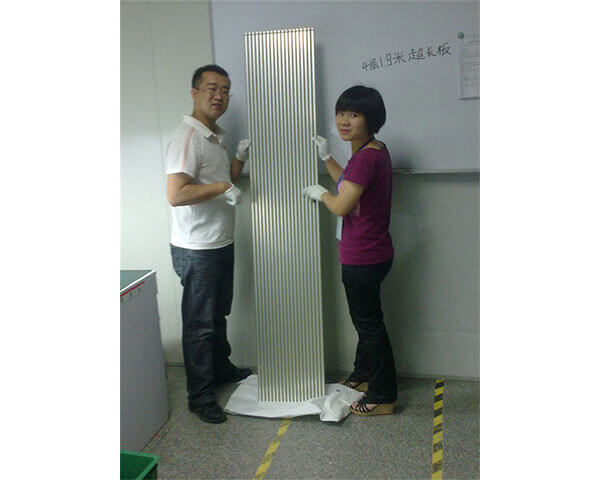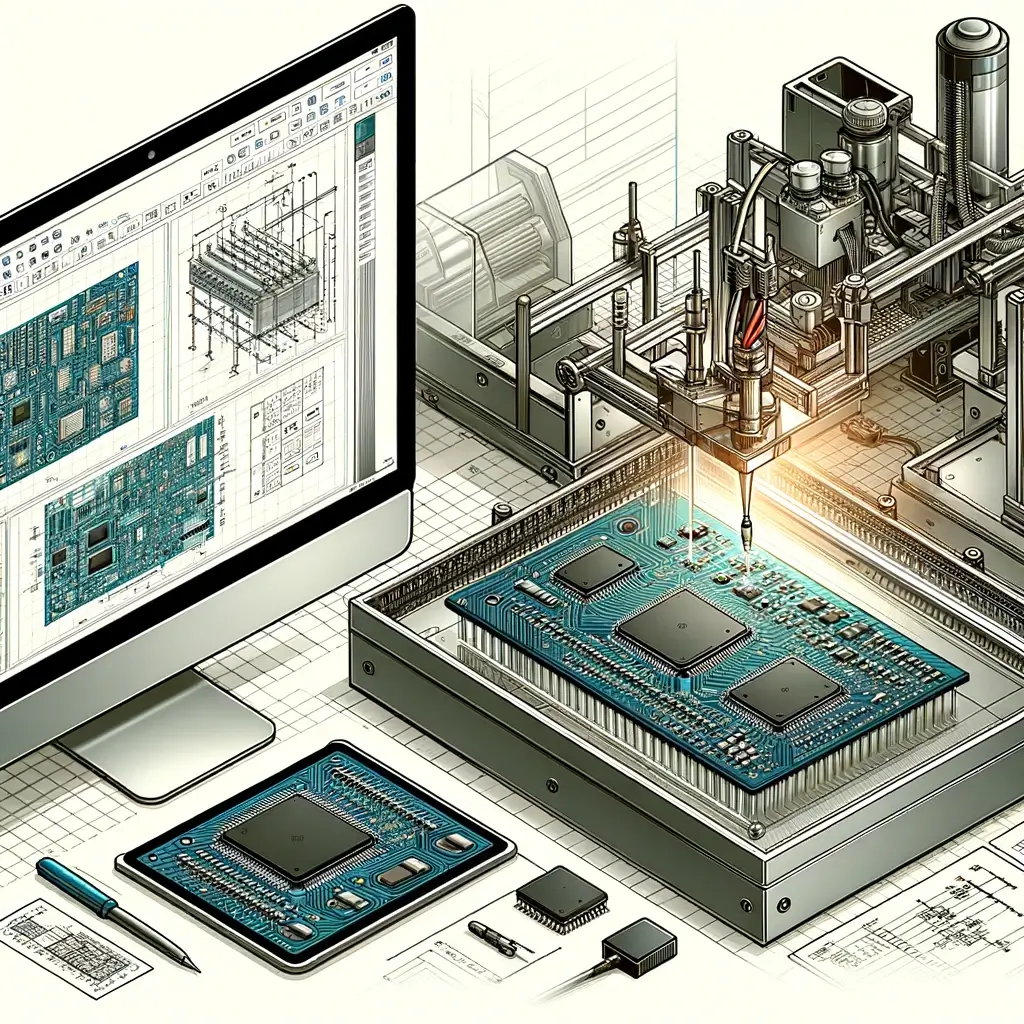When it comes to printed circuit boards, there are certain standards in place that buyers look for. Experts may tell you to be sure to work with a UL PCB supplier, an ITAR registered supplier or an ISO PCB supplier. But what do these things really mean, and what exactly should you be looking for when seeking out quality printed circuit boards for your business? Here is some basic, useful information about these terms.
UL PCB Standards
Those seeking quality printed circuit boards may look for boards that are UL approved, such as a UL 796 PCB. Why? UL is short for Underwriters Laboratories, a global independent safety science company with over 100 years of expertise innovating safety solutions. UL is an accepted leader worldwide in testing, certification and standards development, with a goal to use safety science and safety engineering to promote safe living and working environments.
UL recognition addresses component safety concerns such as flammability and electric insulation. Those who buy UL-recognized PCB products can be confident that these boards comply with accepted component safety requirements. Get Lead Time and Quote for Your Board
ISO PCB Standards
ISO certification standards, specifically ISO 9001:2015, help you achieve consistently good results with your products. ISO 9001 certifies that a company is manufacturing its products according to an appropriate and effective Quality Management System that is open to evolving as possible areas of improvement are identified.
ITAR Registration
Another important factor to look at when it comes to ordering PCBs is ITAR registration. ITAR registration means the product is compliant according to International Traffic in Arms Regulation rules. The U.S. government requires manufacturers and exporters of defense articles, defense services and related technical data adhere to these rules.
This does not mean all ITAR-registered suppliers design products for military applications. However, it does mean the manufacturer of these products have processes in place to safeguard these items and technical data.



